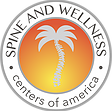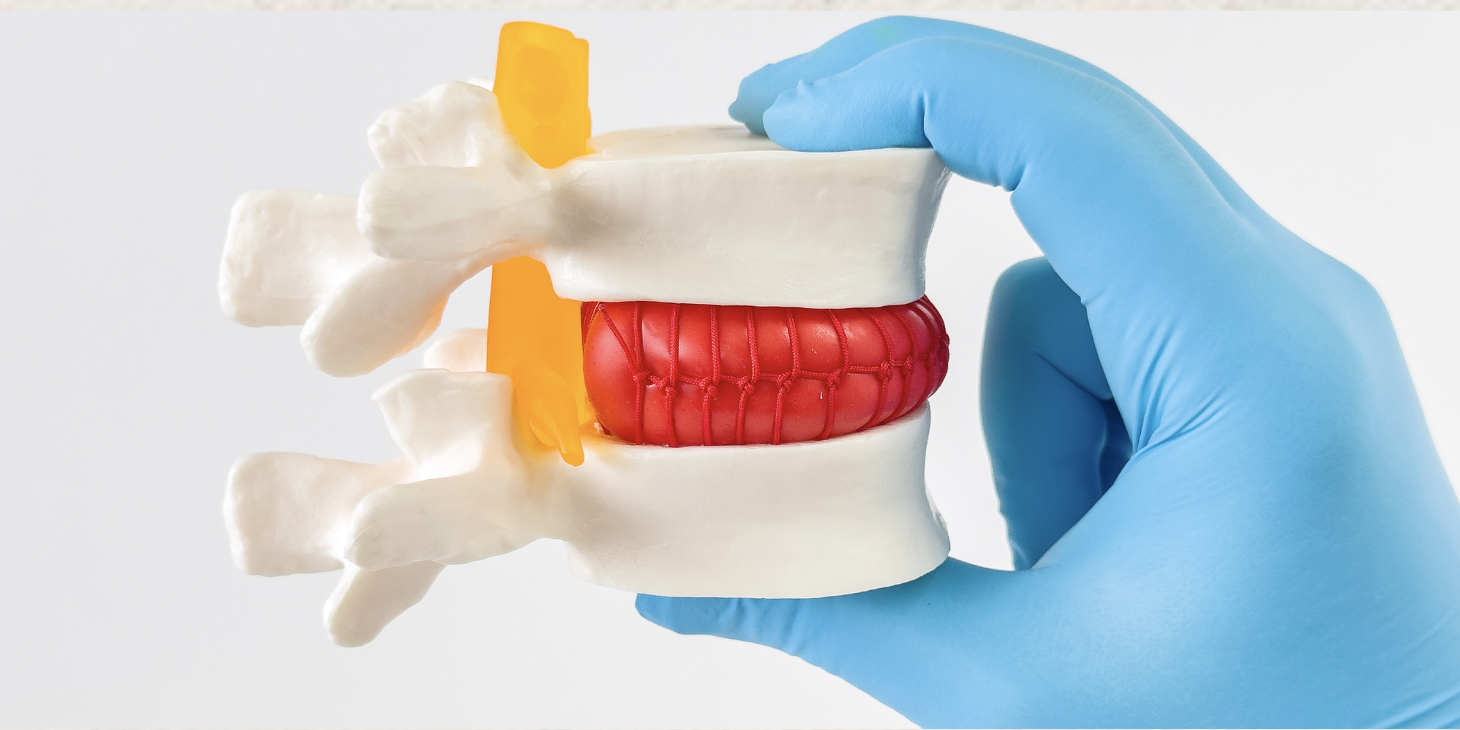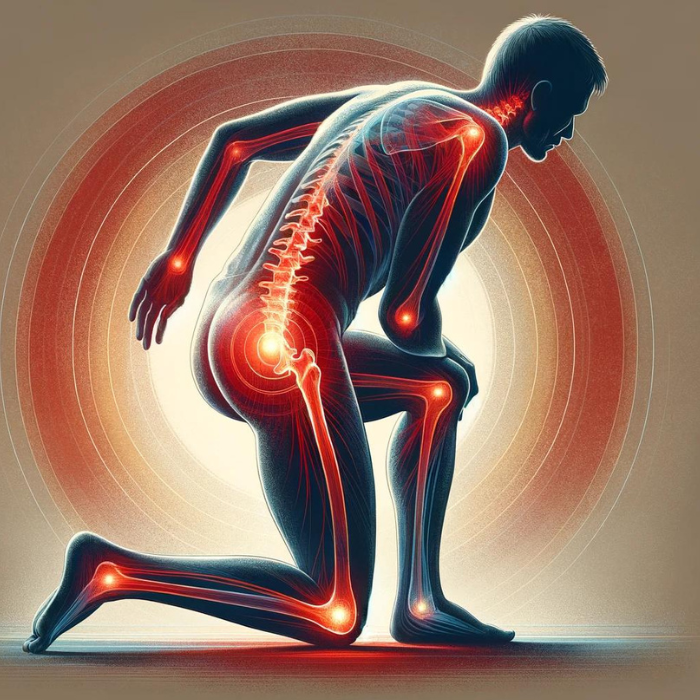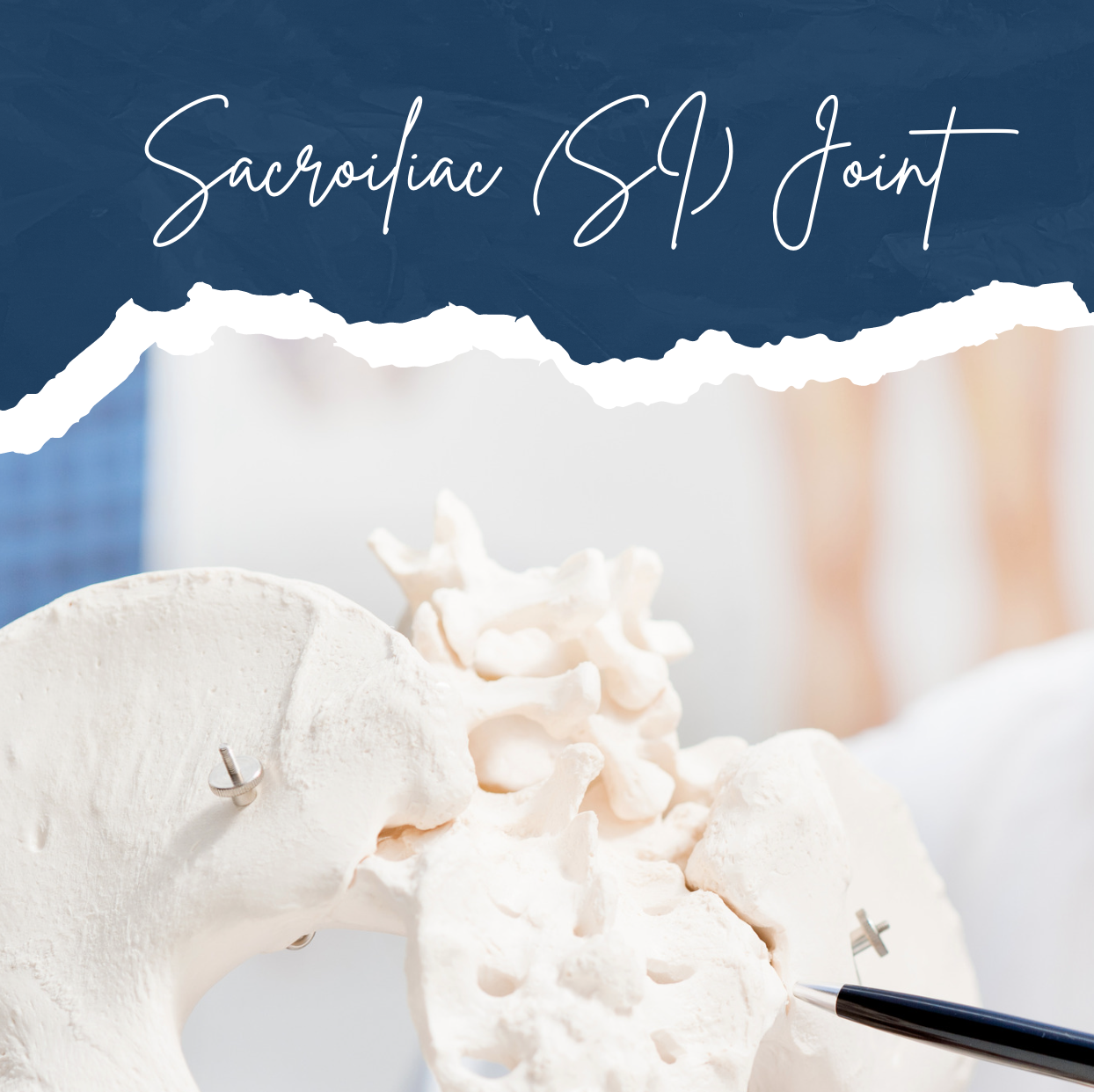Updated: Oct 22, 2019
Meniscus Stem Cell Treatment – Minimally Invasive – Same-Day Injection
A torn meniscus occurs when the meniscus within the knee is damaged usually by activities that involve aggressive or forceful movements such as twisting and pivoting of the knee, especially when putting your full weight on it. Athletes who play contact sports like football, basketball, tennis, soccer, or lacrosse, as well as runners who jog on uneven terrain, are at a higher risk for tearing their meniscus. A torn meniscus is one of the most common knee injuries and even normal daily activities can put you at risk too, especially for older patients.
Each of your knees has two menisci that act like a cushion between your shinbone and your thighbone. A torn meniscus causes pain, swelling and stiffness. You might hear a popping sound and you may also have trouble extending your knee fully.
Most, but not all, meniscus tear patients are ideal candidates for meniscus stem cell treatment. The nature of your meniscus injury determines how successful the stem cell injection therapy will be.
Conservative treatment — such as rest, ice, compression, and elevation (RICE method) — is sometimes enough to relieve the pain of a torn meniscus and give the injury time to heal on its own. In other cases, however, a torn meniscus requires other pain relief treatments and surgical or non-surgical repairs such as stem cell therapy. It is good to know that if you tore your meniscus, there are non-surgical options for comprehensive repair. Traditionally surgery has been used to remove frayed cartilage and tissue. Today we use non-surgical stem cell therapy targets the root cause of your meniscus pain by stimulating your body to regenerate its own damaged cells. This procedure has been used successfully by professional athletes for decades. Introducing stem cells into torn cartilage may stimulate the patient’s own cells’ regenerative properties, helping to repair the injury, relieve pain, and promote healthy new cell growth.
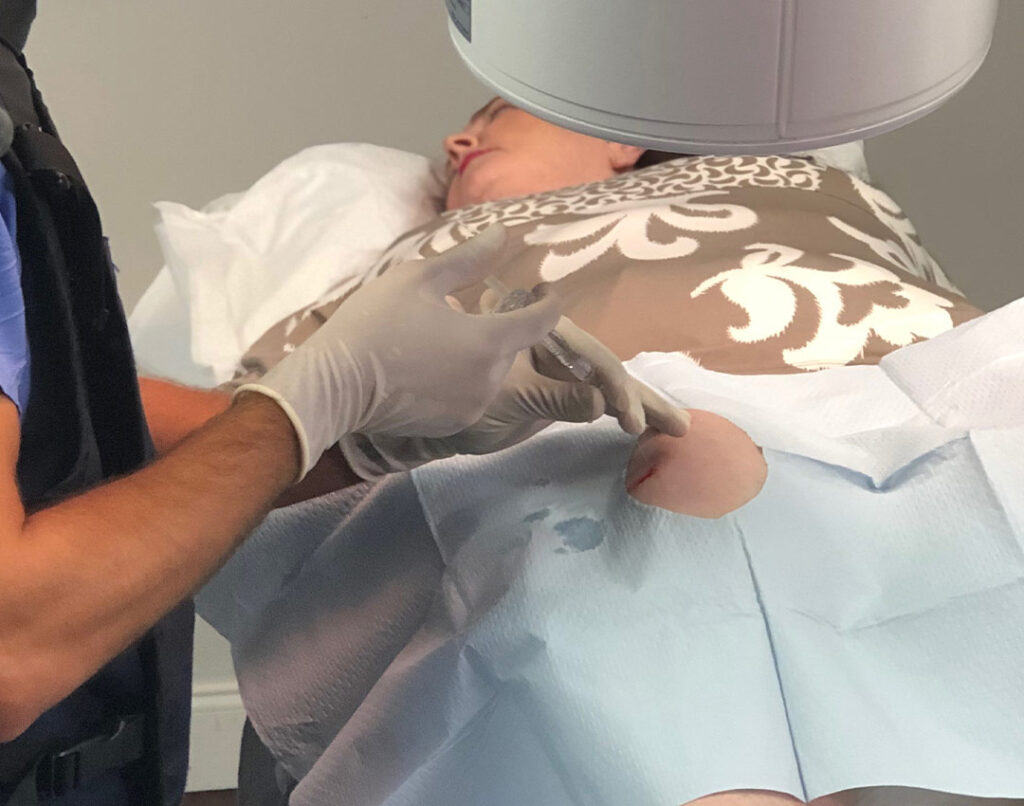
Don’t allow a torn meniscus to degenerate your knee stability and range of movement, or even develop into osteoarthritis. Speak with a regenerative medicine practitioner in South Florida today by calling (305) 974-5533 or contact Spine and Wellness Centers of America online.
What are the symptoms of a torn meniscus?
You’ll know your meniscus is probably torn when you consistently feel the following symptoms:
- swelling or stiffness
- hearing a “pop” in the knee when the tear happens
- pain in the center or side of the knee, especially when twisting or rotating your knee
- difficulty straightening your knee fully
- knee locking
- limited range of motion
What can cause my meniscus to tear?
Older people often get meniscus tears because their menisci become stiff, brittle and less flexible as they age. Whenever you suddenly and forcefully twist or rotate, aggressively pivot, or stop and turn your knee, you risk tearing your meniscus. Kneeling, deep squatting, or heavy lifting can also cause a tear. The degenerative changes that come with aging can also cause a torn meniscus with little or no trauma.
According to the Journal of Orthopedic and Sports Physical Therapy, meniscal injuries are the most common knee injury in the United States with an annual average of incidence of 66 per 100,000. While surgery is typically used to repair these injuries, its failure rate is enough to discourage many patients from choosing it. Stem cell injection may treat meniscus pain and immobility without the need for painful or risky surgery.
How is a torn meniscus diagnosed?
First, your meniscus doctor will give you a physical exam and discuss your symptoms, medical history, and any medications you’re taking. To see if pain is caused by a meniscus tear, your doctor might ask you to squat. Your doctor might also bend, straighten, and rotate your knee to examine the spot along your joint where your meniscus lies and test your range of motion. If you hear a “click” while your knee is rotating and extending, you’ve likely torn your meniscus. Sometimes an MRI is necessary to produce detailed images of all your knee’s soft tissues and determine whether your damage extends beyond the meniscus.
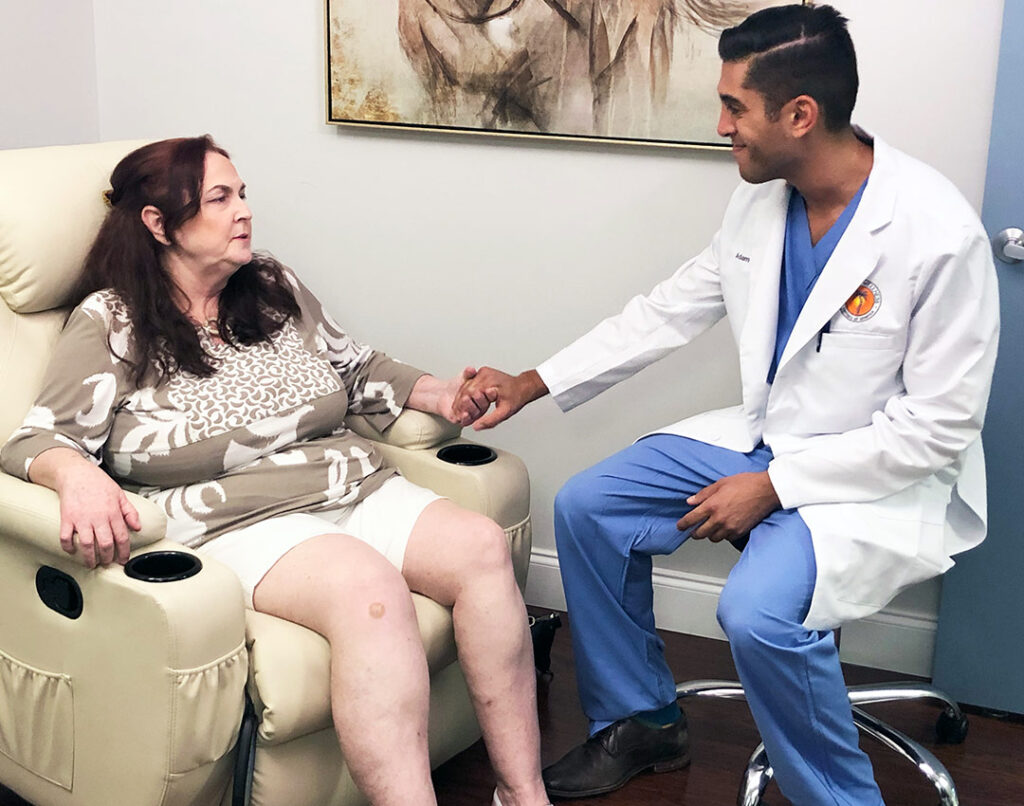
How can stem cells treat a torn meniscus?
Most ligament and tendon tears can be using stem cells, as long as there is reasonable approximation between the tissues. Injured cells in your skin, bones, muscles, ligaments, tendons, and connective joints send out signals. Stem cells respond to those signals, migrating to the injured tissue and release proteins that nourish and stimulate your own cells’ regeneration process.
What is a common torn meniscus recovery time?
Usually, pain relief begins immediately after treatment. Regeneration time varies depending on your age, genetics, general health, injury severity and your ability to follow post-treatment care instructions, along with your rehabilitation program to strengthen affected areas.
What are the side effects of stem cell injections?
As with any injection procedure, there is a small risk of bacterial infection (not associated with the stem cells themselves) and nerve damage. If you experience severe pain, bleeding, or swelling at your injection site, or experience symptoms like fever, nausea, dizziness, or vomiting, seek emergency medical care right away.
Talk With A Doctor About How To Avoid Meniscus Surgery With Stem Cell Treatment
A torn meniscus can cause intense pain, limping, and eventually, even osteoarthritis, which can dampen your enjoyment of life’s pleasures and adventures. Stem cell injection therapy has helped our patients repair their meniscus tear, and reduce or eliminate their pain. To speak with a highly trained meniscus stem cell injection specialist in South Florida today, (305)974-5533 or contact Spine and Wellness Centers of America online.
MENISCUS STEM CELL TREATMENT STUDIES
Mesenchymal stem cells in human meniscal regeneration: A systematic review
“Stem cell regeneration is the holy grail of meniscal tissue repair. Currently, the best treatment is to preserve the original meniscus but if it fails, a partial meniscectomy is indicated to delay the onset of osteoarthritis.”
Read more: https://www.ncbi.nlm.nih.gov/pmc/articles/PMC5644998/
